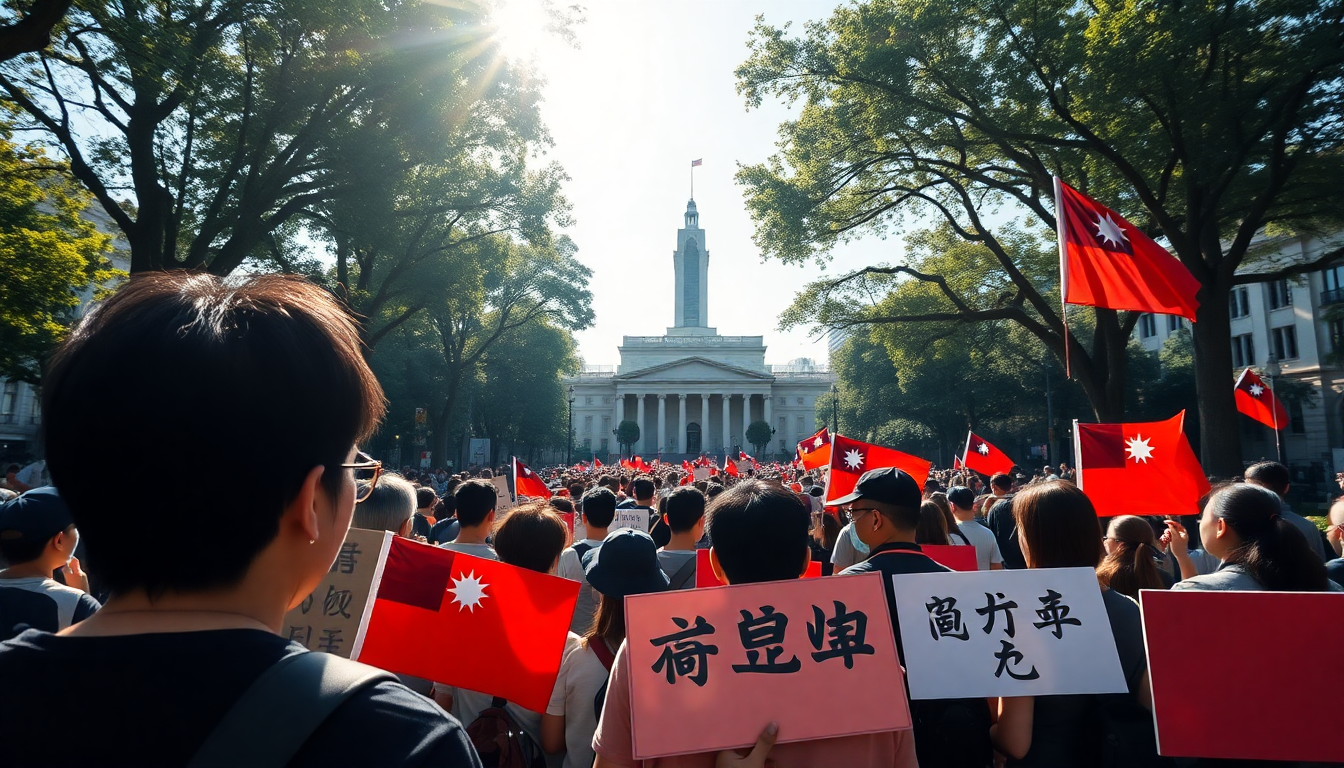Table of Contents
The political landscape of Taiwan is anything but straightforward these days, especially with the growing tensions between Beijing and Taipei. Since 2019, we’ve seen a significant shift in how academics discuss Taiwan’s governance, particularly when it comes to the ‘one country, two systems’ framework.
Originally coined by Deng Xiaoping, this idea has become a hot topic among scholars who are considering what the future might hold for Taiwan. Why is this important? Because it touches on critical issues like Taiwan’s identity, autonomy, and its relationships on the global stage.
Historical Context and Evolving Perspectives
So, what exactly is this ‘one country, two systems’ concept? It dates back decades and was proposed as a way to reunify Taiwan with the mainland. Enshrined in the constitution since 1982, it suggests that Taiwan could keep its unique political and social systems while still being part of China.
But the conversation around this idea has really picked up steam in recent years, especially under President Xi Jinping’s leadership. After a pivotal speech in January 2019, academic interest in this governance model has skyrocketed.
As researchers dive deeper into this topic, they’re exploring various paths for Taiwan’s future governance.
This includes looking at political structures, military considerations, and the roles of different political parties. The academic community is grappling with how Taiwan can maintain its identity and sovereignty within this proposed framework, particularly as the Democratic Progressive Party (DPP) continues to push for a pro-independence stance.
What might this mean for everyday life in Taiwan?
Impact of Geopolitical Tensions on Academic Research
The shifting geopolitical landscape has had a major impact on how scholars study Taiwan. With rising tensions between Beijing and Taipei, academics are increasingly finding themselves tasked with analyzing the implications of these developments.
The U.S. has been vocally supportive of Taiwan in its ongoing competition with China, which adds another layer of complexity to the situation. How does this all affect Taiwan’s governance in the eyes of the world?
In this context, researchers are not only evaluating the feasibility of the ‘one country, two systems’ model but also considering what this means for Taiwan’s international standing and its internal politics. The relationship between Taiwan’s governance and its connections with major powers like the U.S. and China is crucial, impacting everything from security to future development pathways. It’s a puzzle that many are keen to solve.
Future Projections and the Role of Academia
Looking ahead, the role of academia in shaping the conversation about Taiwan’s governance is going to be critical. Scholars will need to keep an eye on the changing political dynamics, offering insights that could influence policy decisions and public opinion in Taiwan. The discussions surrounding ‘one country, two systems’ are likely to continue as both domestic and international contexts evolve—what do you think the future holds?
In conclusion, the academic exploration of Taiwan’s governance through the lens of the ‘one country, two systems’ framework gives us valuable insights into the complexities of Taiwan’s political future. As tensions rise and the geopolitical landscape shifts, the findings from this research will be vital for navigating the challenges and opportunities that lie ahead for Taiwan. Are we ready to face these changes together?





